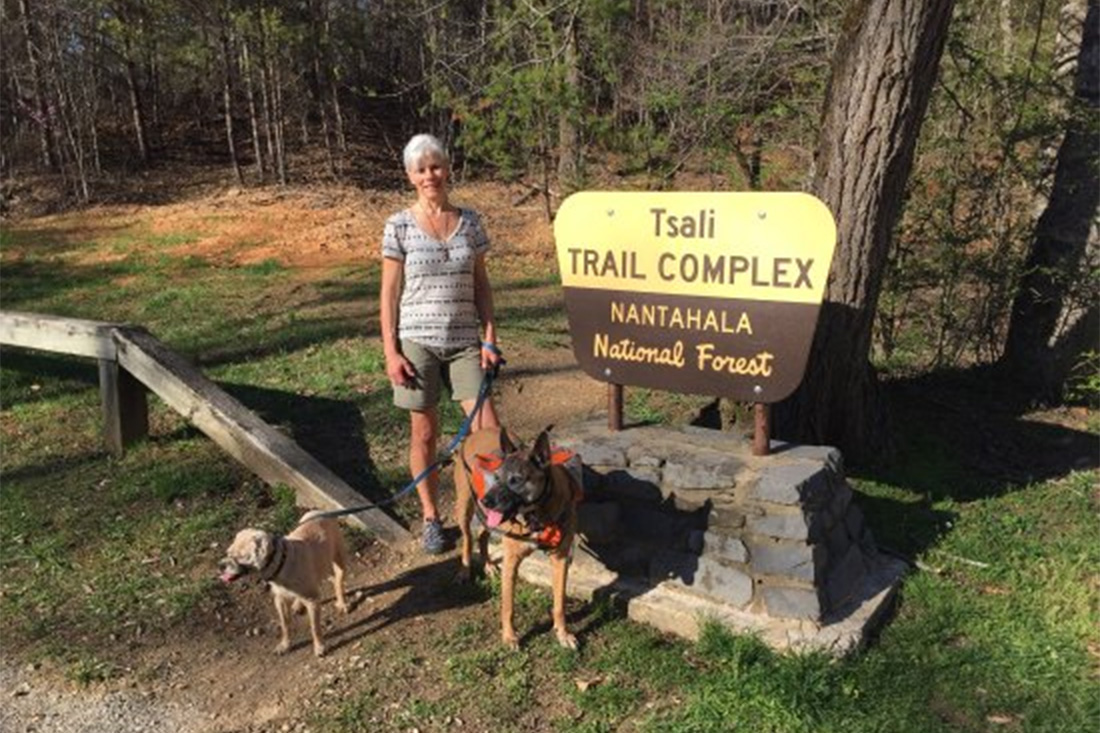
Isaiah 35:5 But he was wounded for our transgressions, crushed for our iniquities; upon him was the punishment that made us whole, and by his bruises we are healed.
Yesterday we talked about incarnational theology: the belief that God is literally with us in this world. This is part of mainline Christian tradition, but it is a special emphasis of Native believers.
For Indians, this is more than pretty words.
Consider the story of Tsali, a Cherokee chief. When federal troops came to drive the people from the mountains of North Carolina some tried to avoid the trail of tears. They went deep into the hills and let the terrain hide them. Soldiers tried to round them up, one or two families at a time.
Tsali and his family were apprehended and were being led to a holding area. When his wife needed to stop to tend to the needs of their baby, there was a scuffle. The baby was killed and Tsali’s wife was wounded. In retaliation he and his family attacked and killed the soldiers, then fled into the hills.
A period of bitter stalemate followed. The soldiers could not capture all the Indians in that rough terrain, but they would not withdraw. The Cherokee people were struggling to survive but they could not escape.
At last Tsali and his sons negotiated a settlement. They would sacrifice themselves so the soldiers could save face. In return the government would withdraw from Cherokee land.
At the appointed hour Tsali and his sons came forward to freely give their lives. In a cruel twist, the soldiers forced Cherokee prisoners to execute the chief and his boys.
Tsali was a real person and his sacrifice was real, but it took on a mythic stature. You see, Tsali is short for “Tsalagi.” In English, you know that word as “Cherokee.” So Tsali became the savior of the eastern band of the Cherokee, but he also came to embody the spirit of the Cherokee people. His punishment made the people whole.
Tsali is the Cherokee example of God’s sacrificial love in action, but every Native group has similar stories. We do not have time today to talk about Deganawidah, Tecumseh, Pontiac, Crazy Horse, Black Kettle, Wovoka, or Leonard Peltier. Suffice to say that there are countless stories of Native people who laid down their lives that others might have life.
Here’s the thing: God does not call all of us to lay down our lives in a spectacular way. However, we are all called to follow the path of sacrifice that others might be free. We are all called to suffer that others might have hope. God who redeems us also redeems our tears.
Who are the Tsalis in your life? How have they set you free? How can God redeem your tears to bring hope?
O Lord, you redeem us in this life. Help us to so live that your love redeems the world through us.
